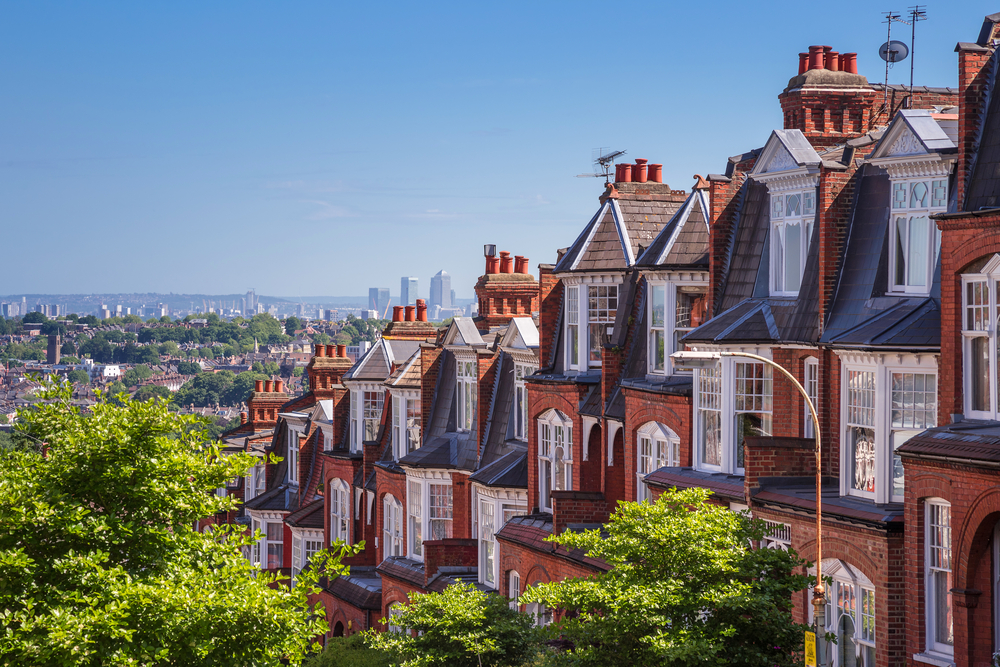First-time Buyer
Stamp duty holiday pushes house sales up 220 per cent in record June

Frenzied homebuying in June, the last month of the full stamp duty holiday, caused the number of house purchases recorded above £40,000 to rise 61 per cent month-on-month to reach a record 198,240.
It’s the highest number of transactions ever recorded by HMRC in a single month and represents a 220 per cent increase on June 2020, following the three month closure of the housing market as the pandemic took hold.
Although the stimulus of the stamp duty holiday and dearth of house sales at the beginning of the pandemic has exaggerated the rise in sales activity, comparing activity to June 2019 still reveals a 100 per cent increase.
The effect of the stamp duty holiday which made the first £500,000 of a residential property purchase price free of land tax can also been seen in March, when the relief was first due to end.
House sales in the month soared to 183,830 from 145,110 in February.
During the March Budget, Chancellor Rishi Sunak announced an extension to the relief until the end of June before the stamp duty holiday would begin to taper off.
The return to normality
From 1 July to 30 September the nil-rate threshold reduces to £250,000 before resuming to its normal level of £125,000 from 1 October.
Sarah Coles, personal finance analyst, Hargreaves Lansdown, said: “The red-hot property market hit a blistering peak in June, as frenzied buyers raced to complete on their new home before the stamp duty holiday tapered at the end of the month. The question is whether the overheated market means buyers have been burned.
“Unfortunately for these buyers, sellers didn’t hit the market in the same kind of numbers. There’s been a huge imbalance between buyers and sellers during the spring and early summer, which has meant panic buying, bidding wars, and the return of gazumping.
“When the market cools, buyer remorse tends to kick up a gear. The RICS survey in June showed agents expected sales to slow through the summer and into the autumn. Price rises are already showing signs of slowing, and there’s even the potential for them to take a step back if the economy is struggling with new variants when furlough is withdrawn.”
Jeremy Leaf, north London estate agent and a former RICS residential chairman, said: “As always, it is transactions rather than the more volatile prices which are a better measure of housing market health. These figures clearly illustrate the frenzied rush to the finishing line for buyers to take advantage before the stamp duty holiday drew to a close.
“However, activity has reduced since, particularly in London, where the savings were greatest. Early signs are that sales will be down significantly but we have noticed nearly all of our transactions are continuing with very few renegotiations. This leads us to believe prices will not be markedly different over the next few months.”